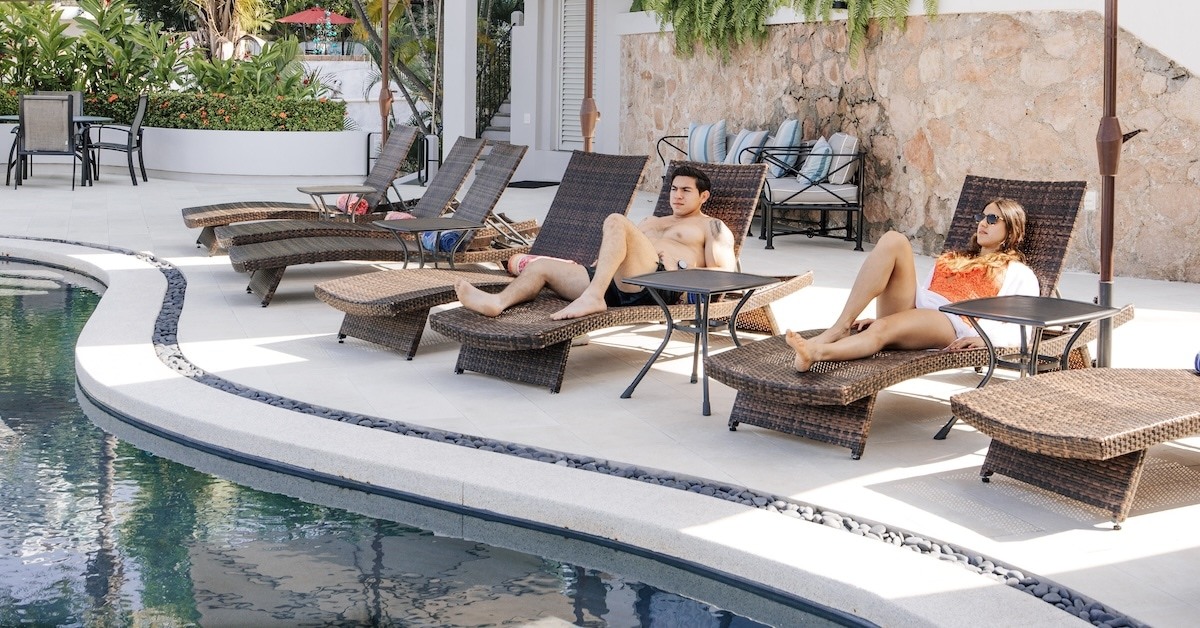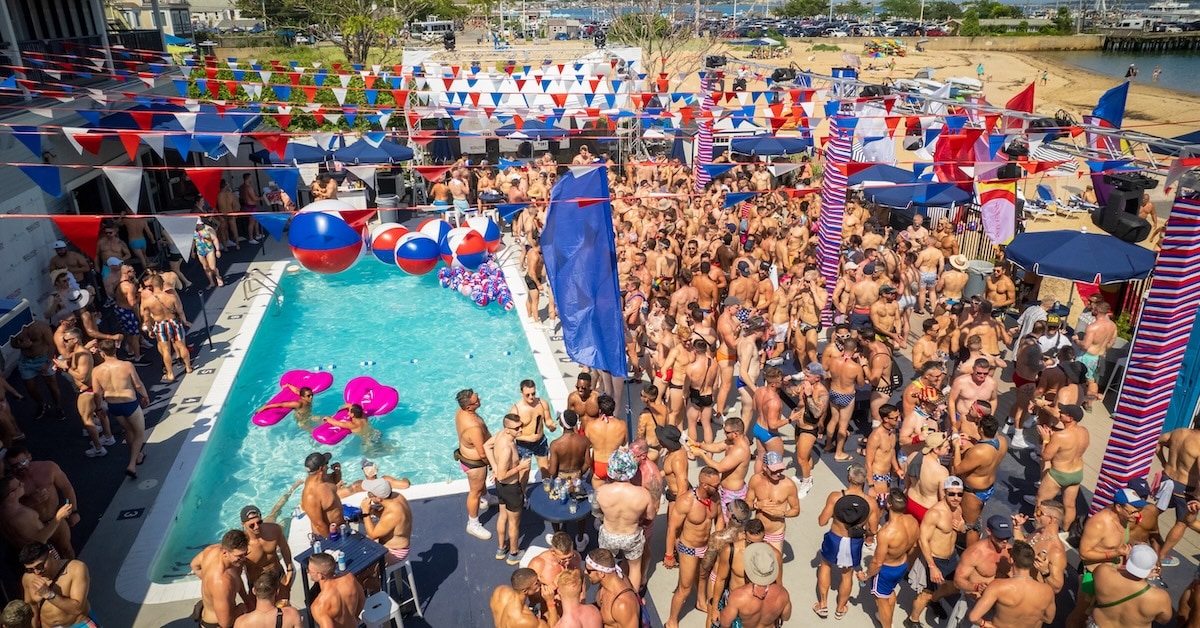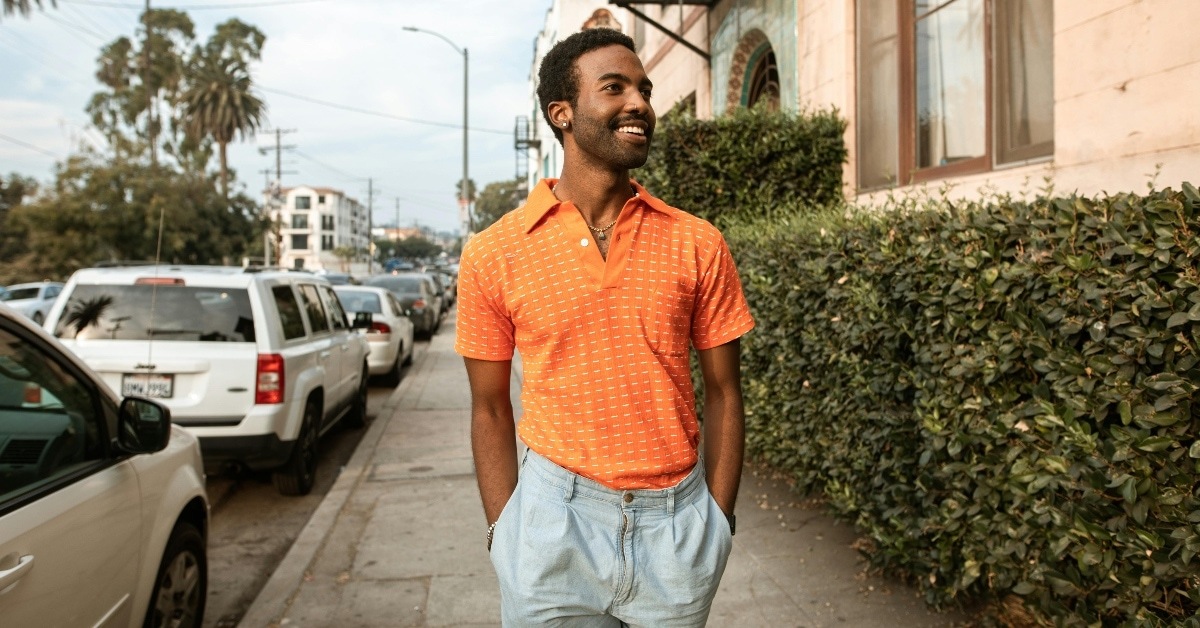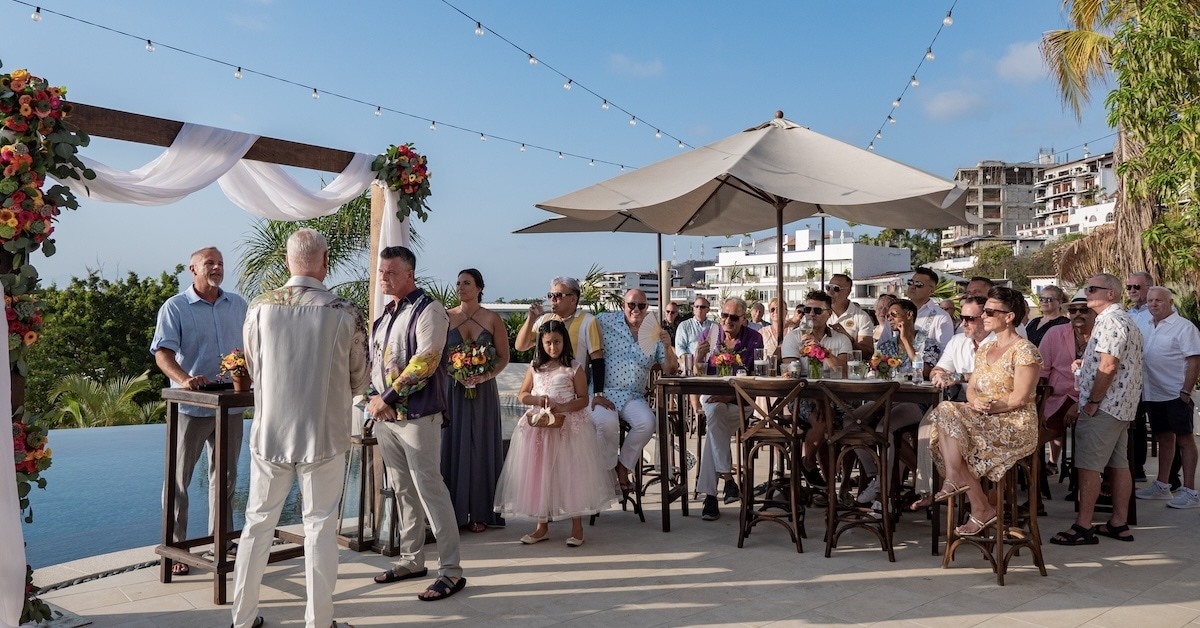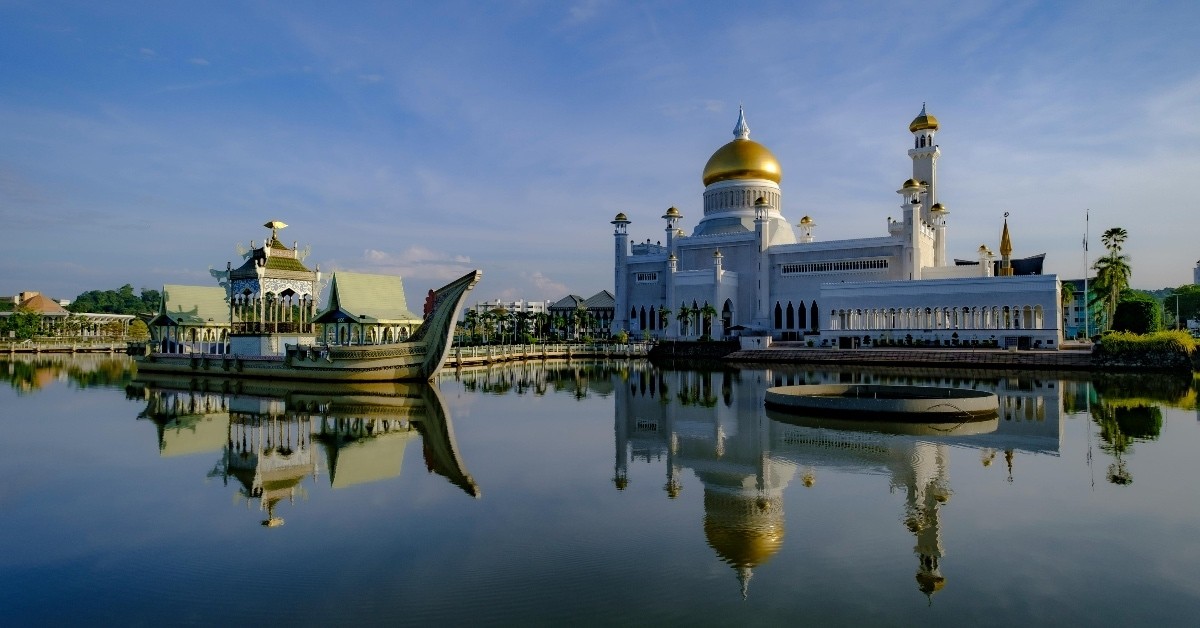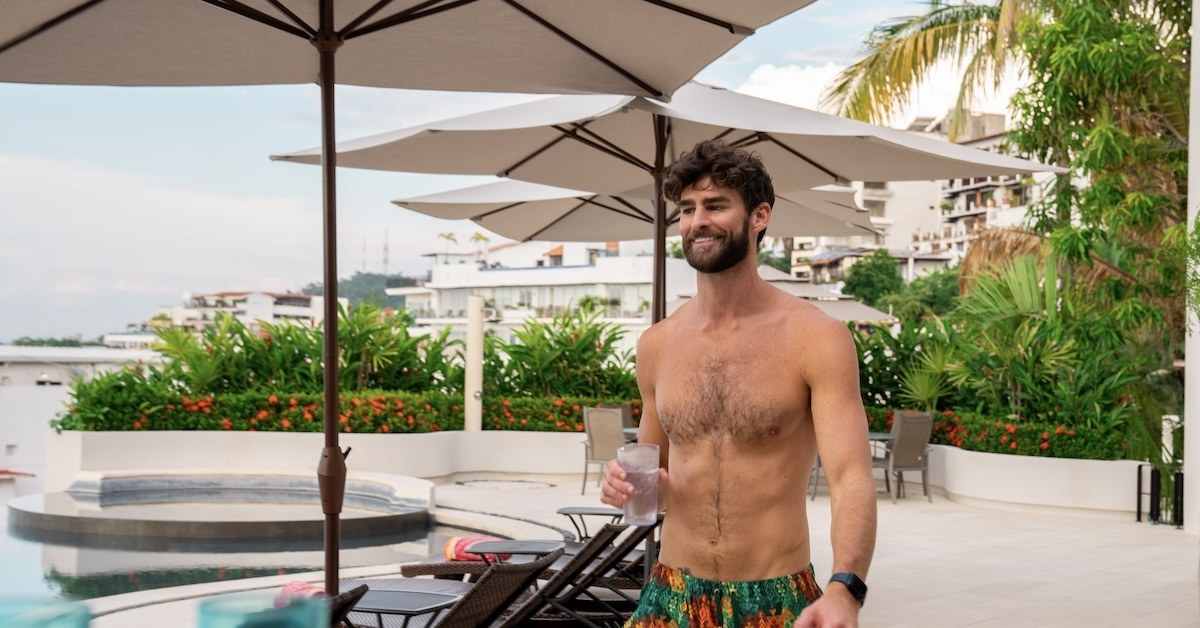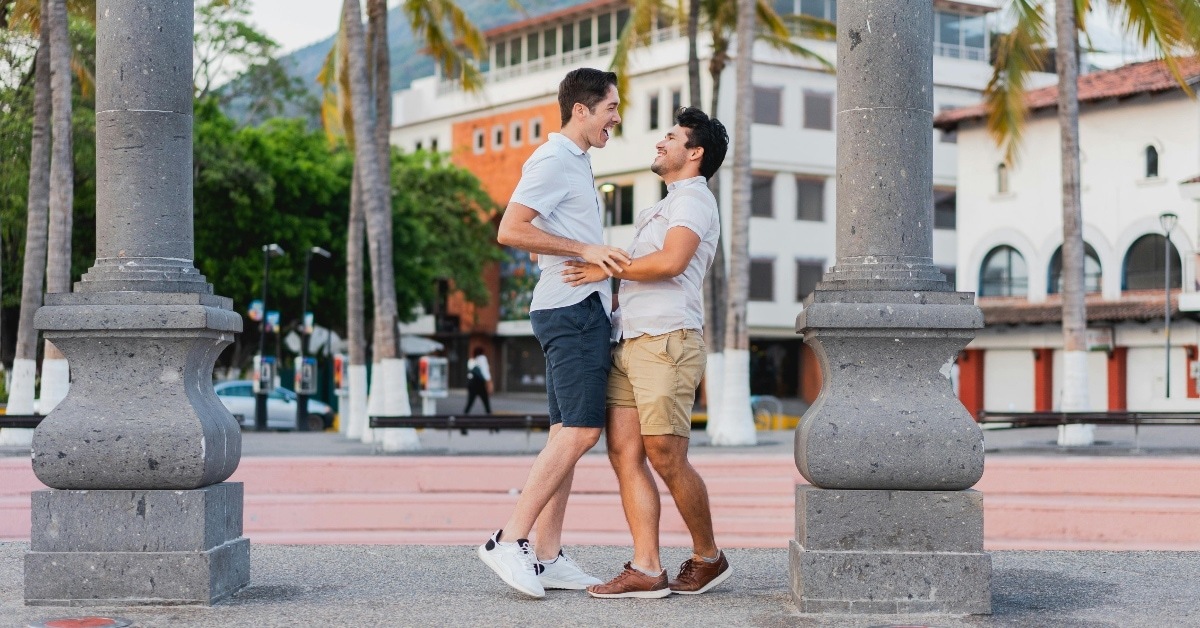BY: Kara Johnson
Published 4 months ago
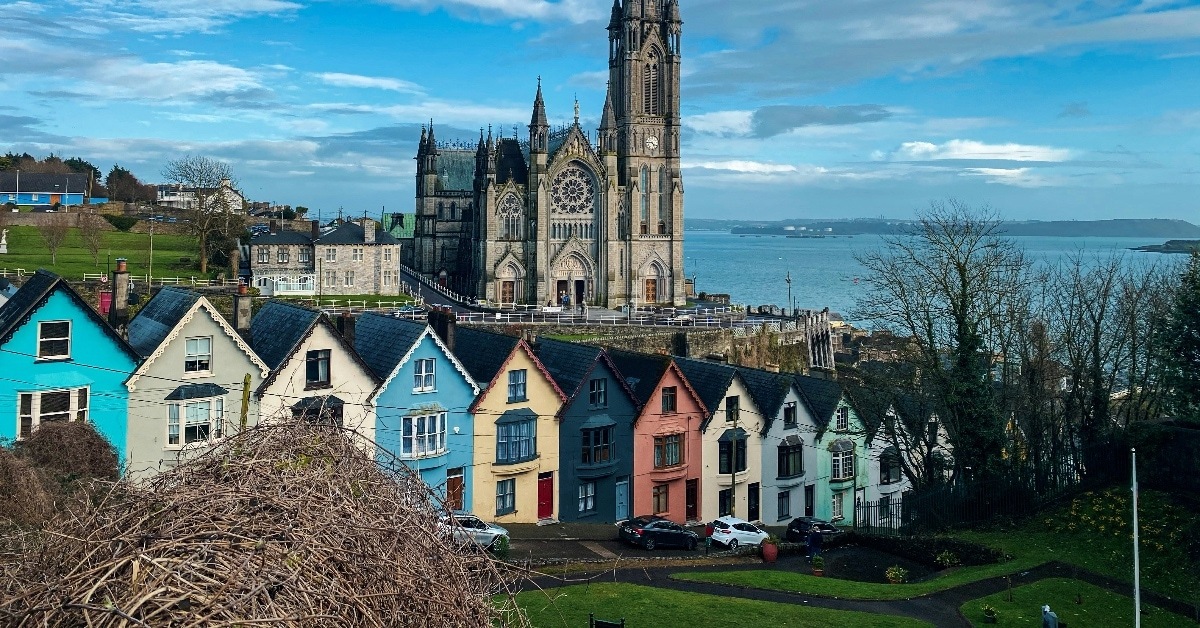
Ireland has undergone a truly remarkable social transformation over the last few decades. Once a nation deeply intertwined with conservative religious traditions, it has rapidly emerged as a powerful beacon of acceptance and progressive values in Europe. This shift is not merely a change in political rhetoric. It represents a fundamental evolution in national identity, marked by a profound commitment to inclusivity for all its citizens and visitors, particularly the LGBTQIA+ community.
The pivotal moment in this journey was the 2015 same-sex marriage referendum. In a historic global first, Ireland overwhelmingly legalized marriage equality through a popular vote. This public declaration of support resonated far beyond its borders. It signaled to the world that the Emerald Isle is not just catching up to modern social norms but is actively leading the way in celebrating diversity and belonging. This article will dive into what makes Ireland LGBTQIA+ friendly for both residents and travelers, examining the vibrant culture and the solid legal framework that underpins this welcoming atmosphere.
Is Ireland LGBTQIA+-friendly for visitors?
For a traveler, knowing that Ireland is LGBTQIA+-friendly translates to a promise of a hassle-free and genuinely welcoming experience. Major cities like Dublin, Cork, and Galway boast visible and active queer scenes, but the spirit of acceptance extends across the whole island. Tourists can generally expect to enjoy their time without the fear of discrimination that plagues many other global destinations.
Dublin, the capital, ranks among the world’s most LGBTQIA+ friendly cities. Its queer scene doesn’t confine itself to one small “gay village” but pulses vibrantly throughout the city center, from legendary venues like The George and PantiBar to popular club nights like Mother. These spaces offer everything from drag cabarets to dance parties, yet the overall atmosphere feels so relaxed that queer and non-queer people mingle freely in most establishments.
Outside of the capital, smaller cities also host welcoming communities and events. Cork and Galway, for instance, each have their own annual Pride festivals, as well as a selection of gay-friendly pubs and bars. The genuine Irish hospitality, famous worldwide, is extended to all. Whether you are exploring a coastal village or a busy urban center, you’ll be invited to be yourself without compromise.
The Legal High Ground

The government’s view on LGBTQIA+ rights in Ireland has been decisively progressive, moving from the decriminalization of homosexuality in 1993 to today’s robust legal protections. This rapid legislative change reflects the country’s overwhelming social acceptance of the issue. Ireland’s laws ensure that discrimination based on sexual orientation and gender identity is strictly illegal in areas like employment, housing, and access to goods and services.
A significant landmark for trans rights was the Gender Recognition Act of 2015. This act allows transgender individuals over 18 to legally self-declare their gender without needing surgical intervention, medical reports, or psychological assessments, positioning Ireland as a leader in this area. Furthermore, the Criminal Justice (Hate Offences) Act 2024 has been enacted, introducing broad hate crime laws. These laws explicitly include sexual orientation, gender identity, and sex characteristics as protected grounds, providing some of the toughest and broadest legislation against hate crimes in Europe.
Rights and Recognitions for the LGBTQIA+ Community
Ireland has codified several other essential rights for the LGBTQIA+ community. Same-sex couples enjoy the right to marry, the ability to jointly adopt children, and a legal framework that recognizes their relationships and family structures equally to heterosexual couples. Furthermore, LGBTQIA+ individuals are allowed to serve openly in the military, and a progressive shift in blood donation policies now ensures men who have sex with men are subject to the same criteria as heterosexual men.
While legal and social progress is vast, the journey continues. Activist groups are currently advocating for a full ban on conversion practices and for the legal recognition of non-binary gender identities on official documents. The Irish government, through its national inclusion strategies, has explicitly committed to ensuring that all public policies are LGBTQIA+ inclusive and actively avoid heteronormative assumptions. This ongoing commitment shows that while the country is friendly, it strives to be even better.
From Past Silence to Public Celebration

Ireland’s journey from a largely conservative society to one that is openly embracing and celebratory of its queer community is a genuinely compelling modern success story. Decriminalization was only in the 1990s, but the subsequent decades have been a period of profound cultural and legal revolution. Today, the sheer volume of Pride events across the island — from major parades in Dublin to smaller, heartfelt celebrations in towns like Cork and Galway — showcases a community the country no longer just tolerates but actively celebrates.
The global attention Ireland received for its progressive steps has helped solidify its reputation as an incredibly welcoming destination. You’ll find warmth, safety, and a deep, genuine sense of connection in Ireland, whether you explore Dublin’s vibrant nightlife, Galway’s artistic charm, or the Irish countryside’s stunning natural beauty. The answer to whether Ireland is LGBTQIA+ friendly is a resounding yes, making it a top-tier choice for queer travelers and residents alike.
What part of Ireland’s LGBTQIA+ scene or progressive laws interests you the most? Let us know in the comments below.

